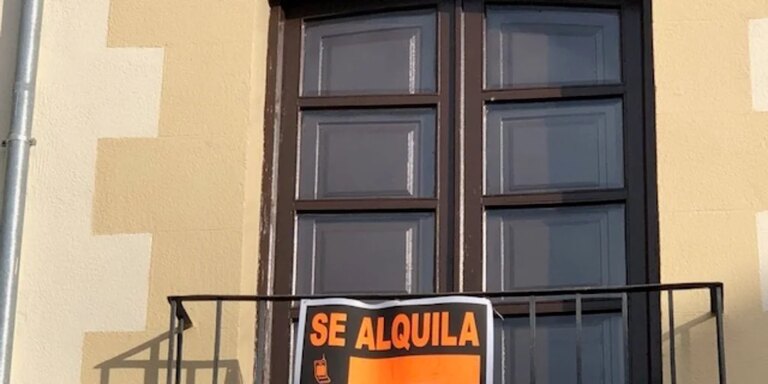
When I talk to investors, I usually start with a simple question: “How much do you spend each month?” In most cases, the answer will come back quickly and confidently. “Oh, I have good control over it.” But many people hesitate when they hear the price. It’s like a driver who wants to know how much gas is left in the tank until the car stops midway. Even when it comes to personal budgeting, a sense of control can be deceiving. We believe that we know where our money is going until it’s gone by the end of the month.
The illusion of financial control is a common phenomenon. Small everyday expenses seem harmless, like a coffee at the bakery, a transit app, a forgotten streaming subscription, or Pix at lunch. None of these costs are significant. But together they quietly create a gap through which a large part of the budget leaks. According to a Datafolha survey conducted for Planejar (Brazilian Financial Planning Association), 52% of Brazilians say they are well aware of their monthly expenses, but not exactly how much they are actually spending.
The problem has worsened with the advent of digital money. I used to feel uncomfortable opening my wallet to find the bills gone or writing down my expenses on checkbook stubs. Today, one click is enough to pay you. The pain of paying the bills, behavioral economists say, has become numbing.
Nobel Prize winner Richard Thaler showed that we create “mental accounts” for leisure, meals, unexpected events, etc., and end up spending more money in each account than we ever imagined. The brain makes the mistake of ignoring cumulative effects and thinking small values are irrelevant.
Consider a common example of daily expenses. Bakery coffee and plate of bread (R$ 15) and afternoon snack (R$ 15). That adds up to R$900 per month. Accumulated over 40 years at a real interest rate of 6% per annum, the asset would have a current value of R$1.79 million. This amount, adjusted for inflation, is enough to earn you R$10.75 thousand per month for 30 years. The difference between those who implement their plans and those who postpone them is rarely in their income, but in their awareness of their expenses.
Thales of Miletus said, “There is nothing more difficult than knowing oneself.” The same goes for your pocket. Knowing your income is easy. Knowing how much you’re spending requires self-awareness, discipline, and the humility to face the numbers. Control isn’t about remembering things, it’s about measuring and adjusting.
It is actually quite difficult to write down all your daily expenses. Most people don’t have the discipline to do this, and that’s okay. There’s an easier way to track it. See how much you’ve saved. From this figure, you can estimate your actual consumption. So ask yourself this question. How much did you save per month? If the answer is “nothing” or “less than you would like”, then the problem is already revealed.
As long as controlling economic freedom is just a feeling, economic freedom will remain just an intention.
michael Billiat is an investment advisor and founding partner. investor house.
Link exists: Did you like this text? Subscribers can access it for free up to 7 times a day from any link. Click on the blue F below.



